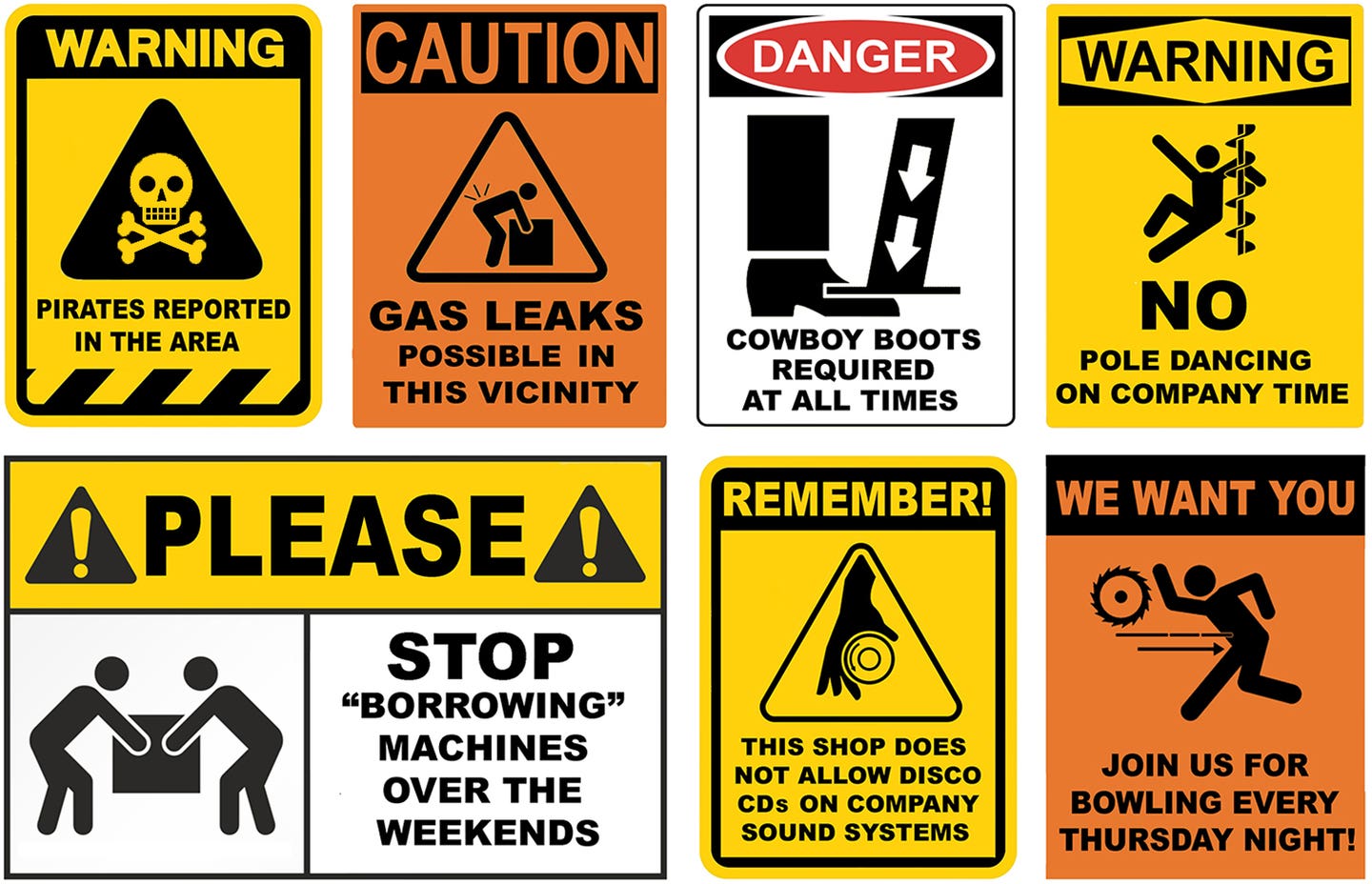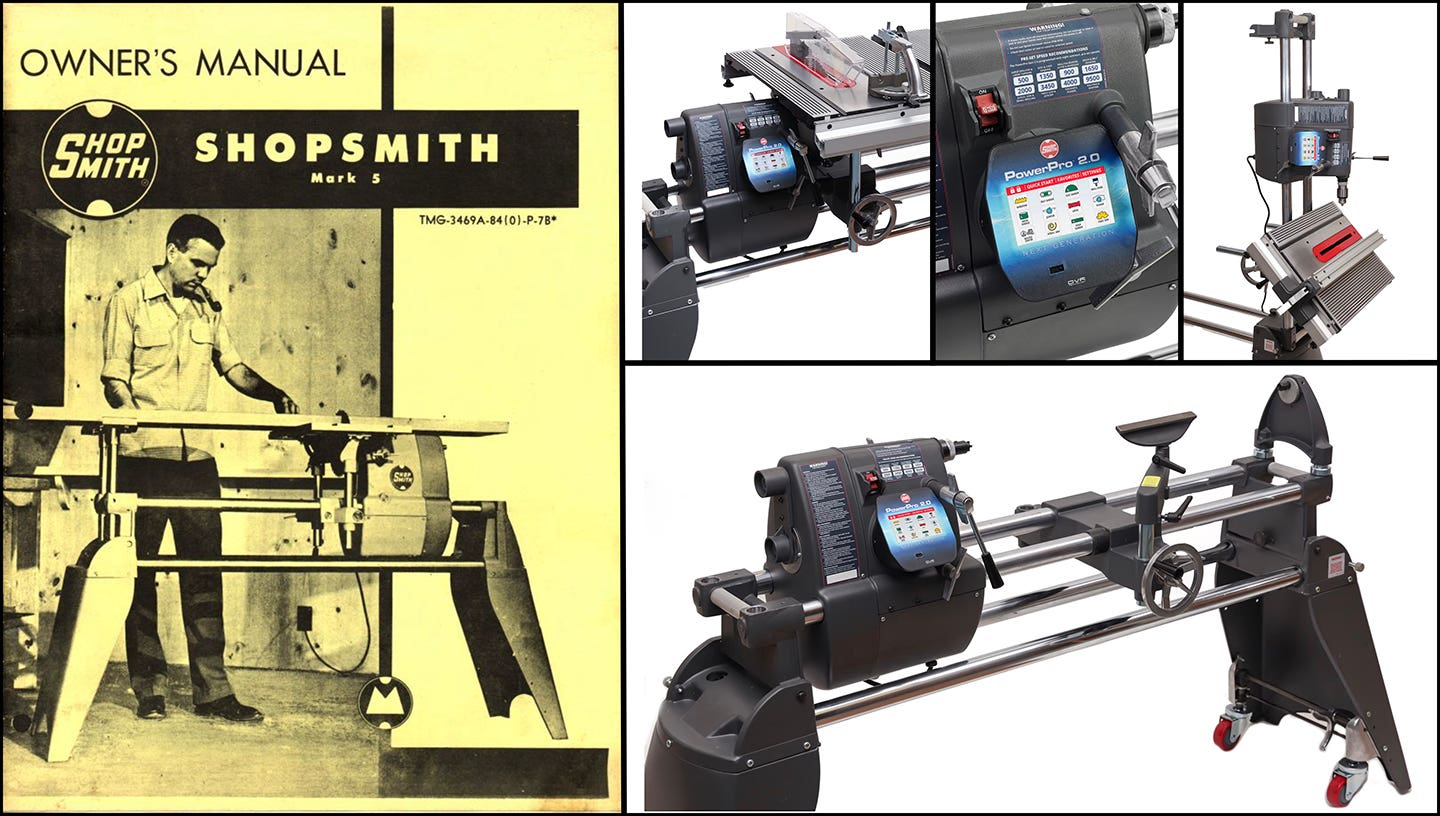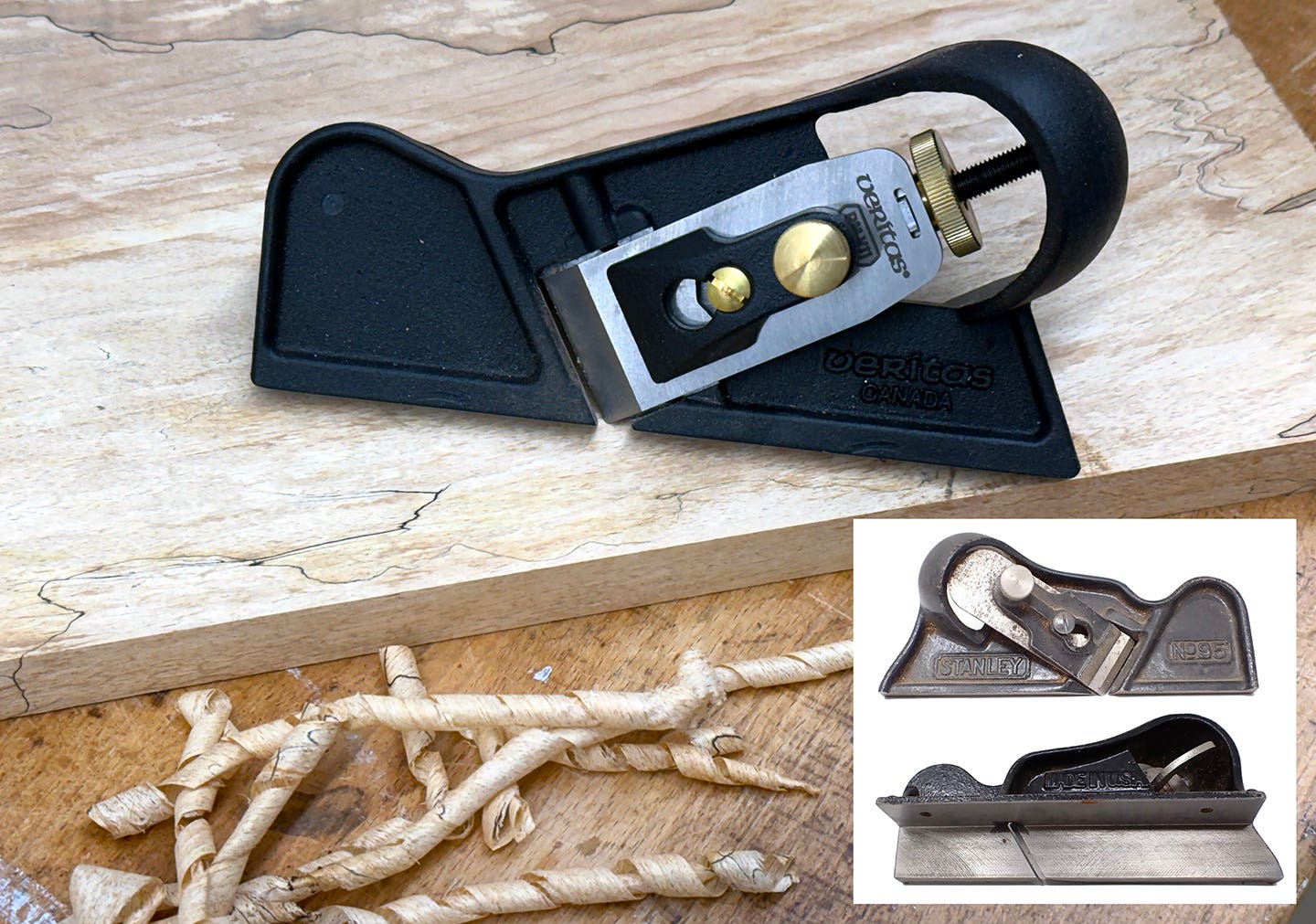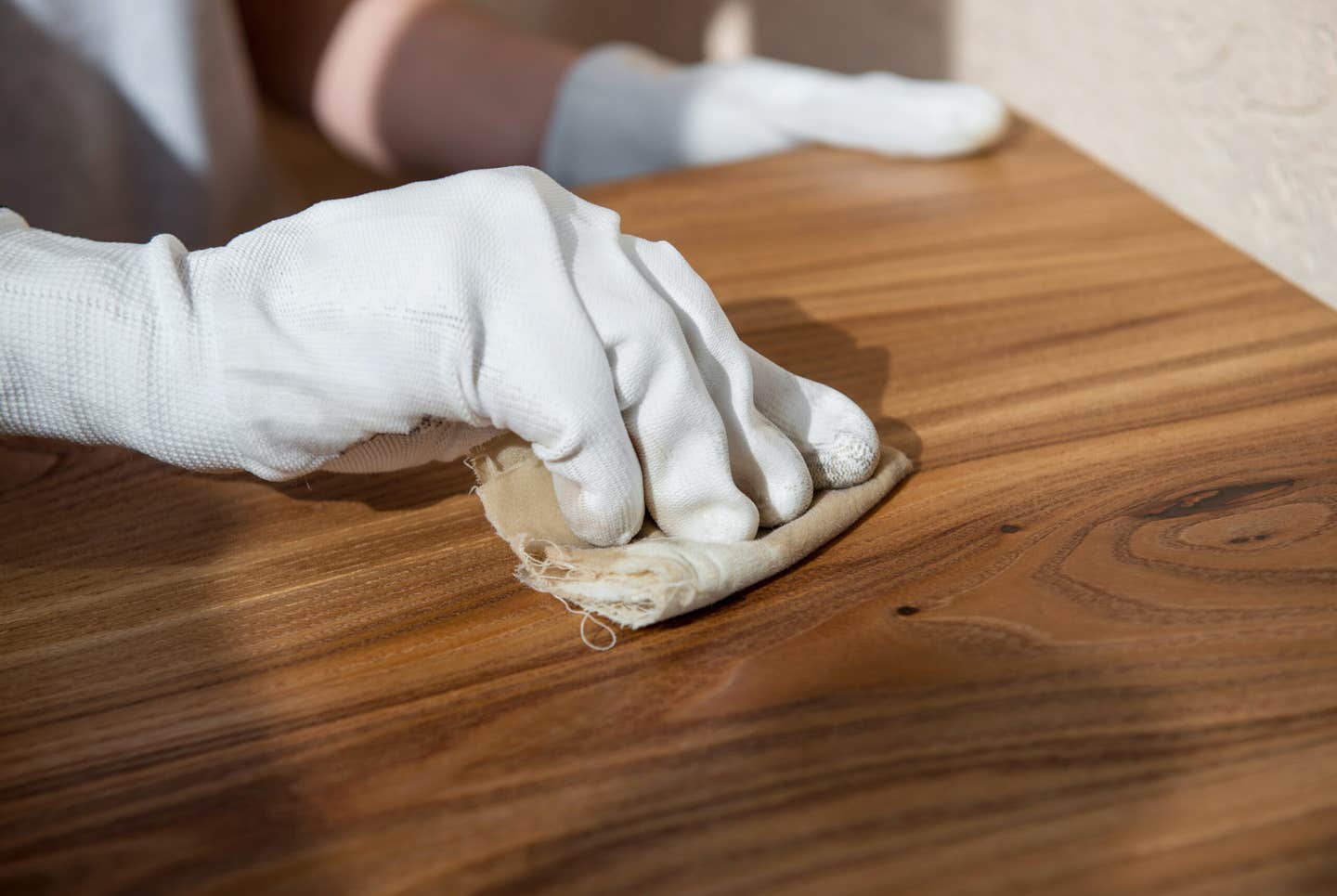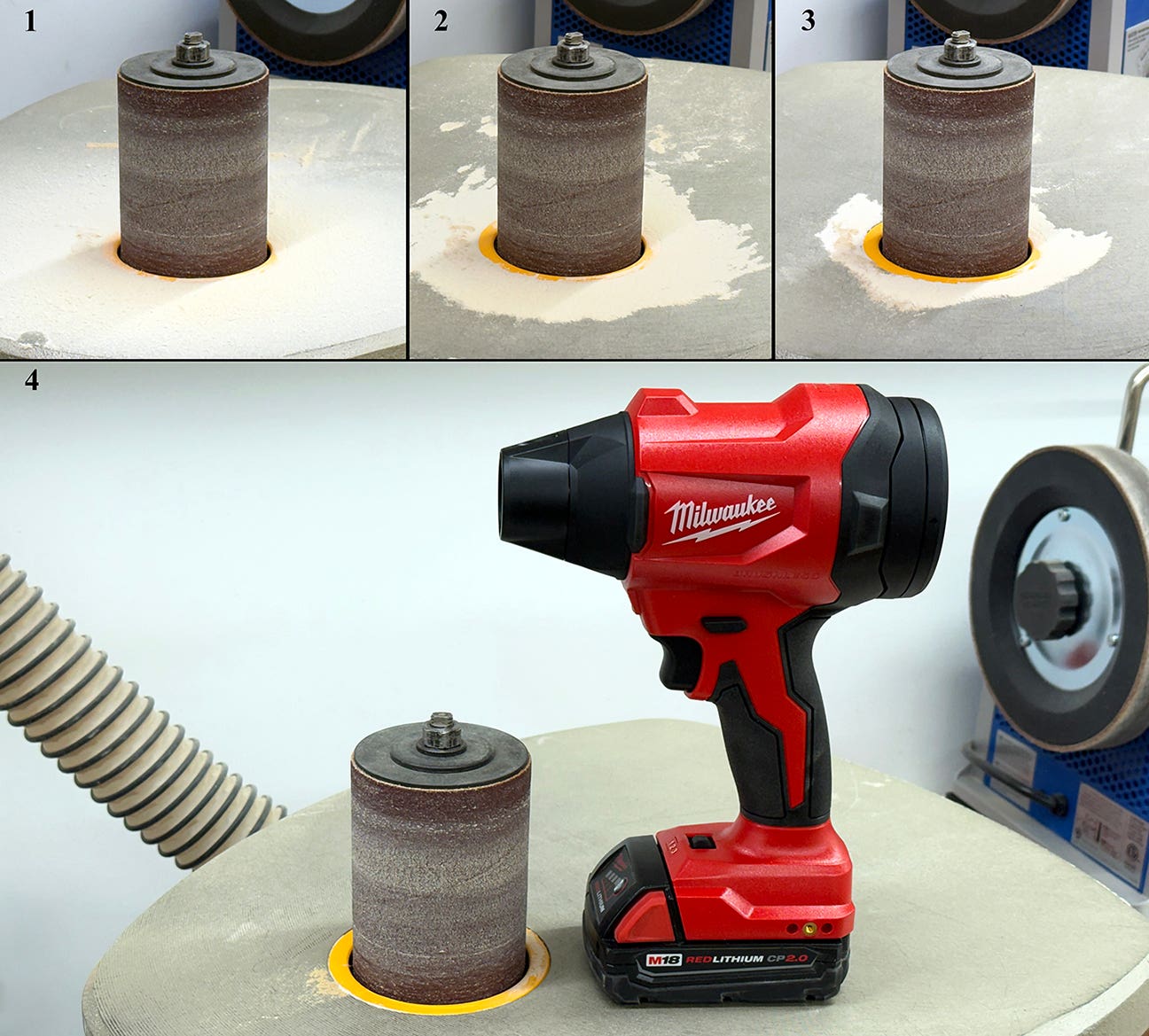Going small vs. going cheap
I need a small tool to cut out tight curves and circles, but it looks like only two solutions exist: Good, but expensive; or pure junk but reasonably priced. Because…
I need a small tool to cut out tight curves and circles, but it looks like only two solutions exist: Good, but expensive; or pure junk but reasonably priced.
Because I use my band saw mostly for resawing and utility work, I keep a 1/2 blade on it at all times. This works well as an analogy to a combination blade on a table saw, and for 99 percent of what I do the setup is great.
But every once in a while I need to cut a few tight curves on components. Ill use a jigsaw if I have to, but they make lousy cuts in some materials and arent always practical. Sure, I can put a thinner blade on the band saw but call me lazy if you want going through the hassle of changing blades just for a single cut is something on which I usually pass. For a whole bunch of tight cuts, sure, but for just a few Ill go ahead and cut the curve as best I can, using a series of relief cuts followed by cleanup on the spindle sander.
Ive been thinking that a small benchtop band saw or even a small scroll saw would be a good tool to add to the shop. At least, thats what I thought before I started looking for one. Theres a lot of each out there in the $100 range, and while their size and weight are perfect these machines are pure, unadulterated junk. Flimsy, poor fit and finish, lots of wiggly plastic and basically a waste of money. It seems that to get a decent model of either of these two tools, you have to make a considerable jump up in both size and money, neither one of which is something I want to do, much less both.
Why is this? Yet another example of the manufacturers not understanding the market? On further thought, it occurred to me that just the opposite is true: The manufacturers understand the market perfectly. They know that weekend DIY types will happily buy these cheap little tools (in the sense of them being entry-level, or whatever term you want to apply), and theyll make their money there. Then when/if those beginners move up, theyll want the same tools you and I do bigger and better.
In short, to their mind theres no market for a decent-quality small version of most tools. Oh, yeah, there are some high-quality miniature tools out there, but theyre outrageously expensive and cant handle regular shop materials.
And thats a shame. Im betting that a lot of experienced workers share a need just like mine. If true, then there is indeed a market for that. And were it.
Till next time,
A.J.
A.J. Hamler is the former editor of Woodshop News and Woodcraft Magazine. He's currently a freelance woodworking writer/editor, which is another way of stating self-employed. When he's not writing or in the shop, he enjoys science fiction, gourmet cooking and Civil War reenacting, but not at the same time.



